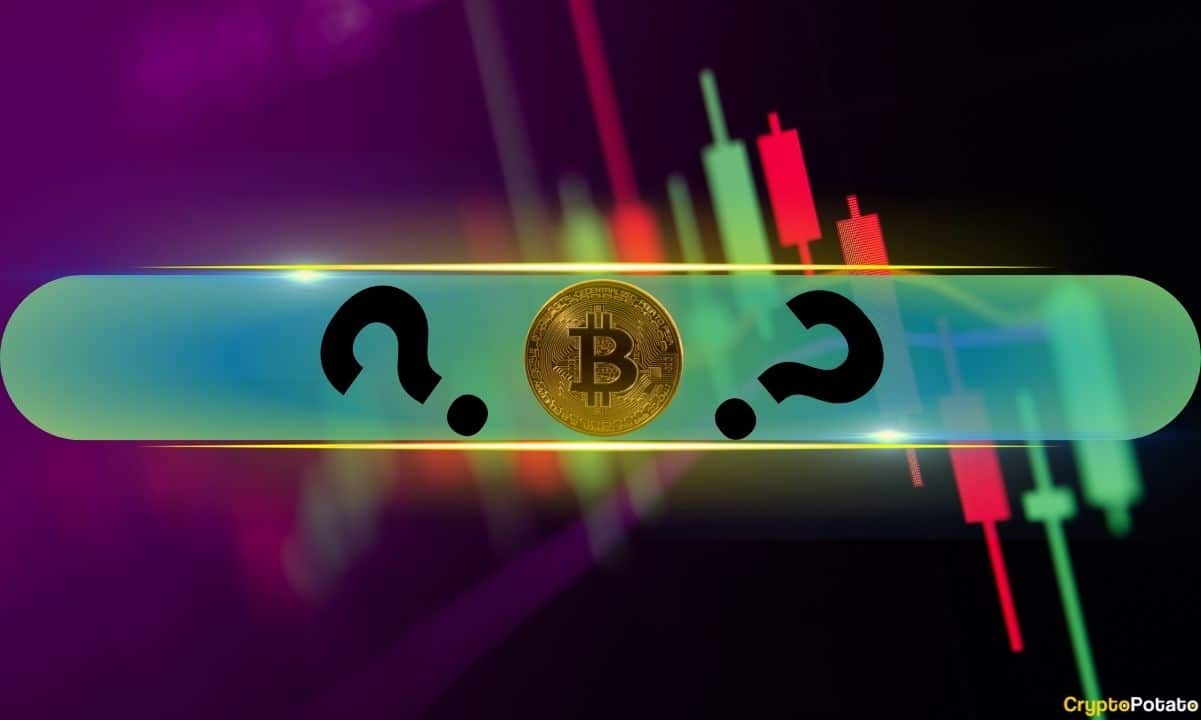In brief
- Shenzhen officials have urged the public to report scams tied to stablecoins.
- The warning comes a week after e-commerce giant JD.com warned of fake coin promotions.
- Neighboring Hong Kong is expected to launch a new stablecoin licensing regime on August 1.
Authorities in Shenzhen issued a public alert Monday, warning residents to avoid scams involving stablecoins, citing an uptick in illegal fundraising and fraud linked to crypto.
“Recently, stablecoins have received widespread attention from the market," the city's illegal financial activities task force said. "Monitoring found that some illegal institutions use 'financial innovation' and 'digital assets' as gimmicks and take advantage of the public's lack of understanding of stablecoins."
The task force warned that those activities are tied to illegal fundraising, gambling, fraud, pyramid schemes, and money laundering. The public was encouraged to report such incidents to authorities, with rewards available for tips.
Despite official bans limiting access to crypto, trading remains widespread in China. It also remains a significant vector for scams targeting both mainland citizens and victims abroad. Chinese organized crime groups also run scamming syndicates across Southeast Asia.
The Shenzhen alert follows a June 30 post on Weibo by Chinese e-commerce giant JD.com, warning users about fake promotions of a "JD stablecoin." It’s unclear if the Shenzhen alert is specifically linked to that outcome.
The company, which is seeking licenses to issue stablecoins abroad for business-to-business payments, clarified that no official coins have been released. Any claims to the contrary, it said, are fraudulent.
On Monday, the Hong Kong Economic Journal also published an article about an alleged Ponzi scheme dubbed Xin Kang Jia, which masqueraded as a stablecoin investment platform, among other things. It has attracted two million victims since its founding in the Chinese province of Guizhou in 2021, resulting in 13 billion RMB ($1.8 billion) in investor losses.
A short walk
Yet, just across the border in Hong Kong, from Shenzhen—where visitors can walk between the two cities—regulators are taking a different approach.
The city is preparing to implement a new regulatory framework for stablecoins in August. Only licensed firms will be allowed to issue or market fiat-referenced tokens to users.
Financial Secretary Paul Chan reaffirmed Hong Kong’s support for the sector last month, linking stablecoin development to Asia’s, and particularly China’s, growing interest in settling trade in local currencies instead of U.S. dollars.
Stablecoins, he said, “provide a cost-effective alternative to the traditional finance system,” and could reshape cross-border payments and capital markets.
Sean Lee, co-founder of digital asset tech company IDA, told Decrypt that Hong Kong’s regulation is “very progressive in comparison to other jurisdictions."
“It leaves more openness from an international markets perspective, allowing for multi-currency issuance vs only local currency like UAE, and also the acceptance of using public networks,” he said.
“It does, however, set a fairly high bar for market entry.”
For now, Hong Kong's focus is more on business-to-business usage than on retail applications, a trend echoed in JD.com's stablecoin plans and those of other companies and banks exploring the technology.
That shift is partly due to public unfamiliarity with stablecoins, Lee added. “Also, domestic digital payment is already extremely advanced here.”
Daily Debrief Newsletter
Start every day with the top news stories right now, plus original features, a podcast, videos and more.

 4 months ago
26
4 months ago
26





 English (US) ·
English (US) ·